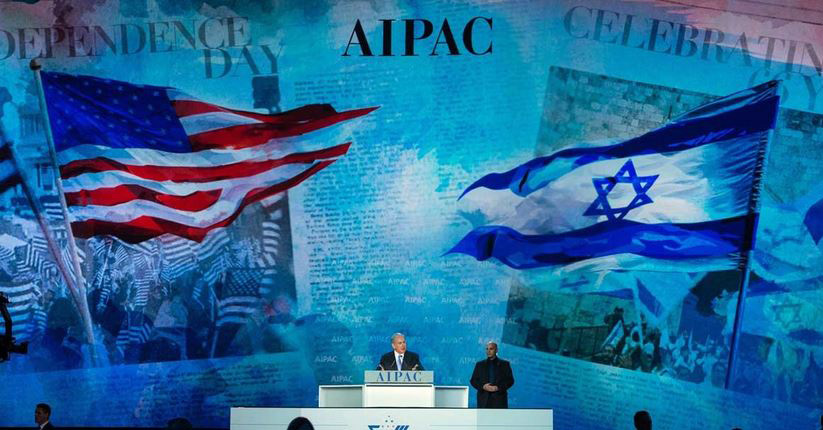From Empire To Loose Cannon? (Part 1)

Washington and the UN recently stated [April 2017] that they no longer considered it a priority to remove Assad. Following this, the Assad regime allegedly found it strategic to attack its own people with chemical weapons and give the Allies a reason to do a turn-around.
In the antique Rome, an effective type of reasoning was used in order to figure out political motifs: Cui Bono? (“To whose benefit?”) Does Assad benefit from attacking Syrian people with chemical weapons when IS and Al Qaida is retreating and thus give the Allies a reason to remove the Assad regime? Does Russia benefit from it? Does Washington benefit from it? Does Assad’s enemies like Israel, IS and Al Qaida benefit from it? The answers can give some indications.
In recent history, it seems like false accusations or false flag operations are all that is needed in order to justify an act of war. It is also all that is needed to get the people on board with the decision. There is big profit, little risk of being outed by media and no consequences in the aftermath if one turned out to have been trigger happy.
The claims about Saddam Hussein’s weapons of mass destruction, where nuclear bombs were implied, turned out to be a falsehood. It was among others Israel’s Benjamin Netanyahu who fronted and stressed this claim in front of Washington in 2003 and said that there was no doubt about this. It had to be acted quickly.
Muammar Gaddafi was accused and removed (murdered) for having used chemical weapons against own civilians, and the once thriving Libya was bombed to today’s unstable stage. It had to be acted quickly here too, and even Norway’s contribution happened outside of conventional procedures. This turned out to have been a decision on an erroneous ground. The list of doubtful claims and following military acts are longer.
It was recently pointed out in media that foreign actors don’t know where US foreign policy stands. It is true that Washington doesn’t have its own foreign policy in the Middle East, but it is still predictable because it is to a high degree affected by the Israel lobby.

In 2014, The Guardian wrote that the US, Great Britain, and Israel had their own “troops” to deal with information and debates on the internet. It was also revealed that Israel pays students to spread pro-Israeli messages. The fallout for these nations can become, as the saying goes, that “a liar won’t be believed even when telling the truth” – and that it will take time to rebuild trust.
Washington’s foreign policy is today controlled by the military industrial complex, as Eisenhower warned against in his farewell speech in 1961. To justify an annual defense budget of about a trillion dollars, equivalent of the entire national budget for many countries, there is a continuous requirement for a large threat. After the fall of the Soviet Union in 1991, Iraq became the new enemy, and eventually Islam and the endless “War on Terror”. After this, Russia (as well as China, Iran, and North Korea) was re-introduced as the new enemy.
See continuation in Part 2.
